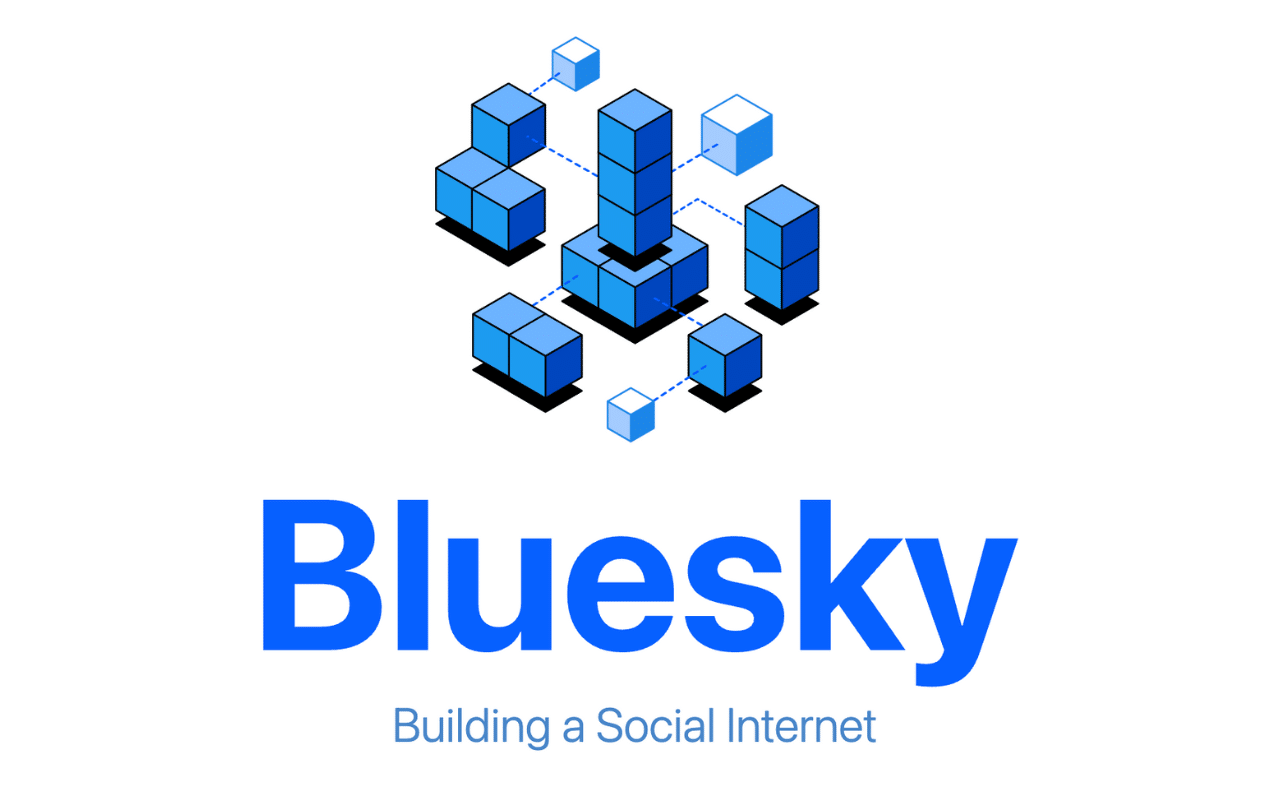
Since Elon Musk’s takeover, Twitter has been in freefall.
There have been too many changes, glitches, and unhinged decisions from Musk and his team to write about here, but last week, Twitter users (who miss when the app actually worked) were granted a glimmer of hope.
Enter: Bluesky— the decentralised Twitter alternative that celebrities and journalists are flocking to.
Though still in beta, Bluesky made waves on social media in recent days when several public figures like Rep. Alexandria Ocasio-Cortez, Chrissy Teigen, and OG Twitter comedian, Dril, posted about joining the platform.
ok i got like 100 blue sky invites but they reserved my handle. probably to punish me pic.twitter.com/UsvMENuCy4
— slave to Woke (@dril) April 27, 2023
Bluesky is backed by former Twitter CEO Jack Dorsey and was first made available in February. At the moment, it is invite-only while the company works out “critical” elements, including moderation.
Despite this, those who have been lucky enough to explore the platform in recent days say that Bluesky is a significantly more positive space than Twitter.
“Bluesky kept feeling good throughout the week. My feed wasn’t littered with angry posts about HBO Max’s change to Max, for example — instead, the people I follow seemed most invested in maintaining Bluesky’s currently positive culture […] there’s a lot of activity and conversation, but so far, I haven’t seen much toxicity or people racing to slam dunk people in quote tweets. It feels like a platform where people are just hanging out and chatting with each other,” writes journalist Jay Peters for The Verge.
This culture will likely change once the app officially launches to the public, however, Bluesky’s decentralised system may be the key to maintaining a positive user experience.
“Just like our approach to algorithmic choice, our approach to moderation allows for an ecosystem of third-party providers,” wrote Bluesky CEO Jay Graber in a company blog post on moderation. “Centralized social sites use labeling to implement moderation — we think this piece can be unbundled, opened up to third-party innovation, and configured with user agency in mind. Anyone should be able to create or subscribe to moderation labels that third parties create.”
Basically, Bluesky plans to allow users to design their own algorithm by applying labels and filters to the content they consume. This means someone could design a user experience for themselves free from a lot of the rage-bait posters, conspiracy theorists, and men’s rights influencers who currently make Twitter such a toxic place to be.
Your attention is an invaluable resource. We’ve been working on creating a composable, customizable marketplace of algorithms that lets you take control of how you spend your attention.https://t.co/DTuxeaN4Hw
— bluesky (@bluesky) March 31, 2023
In terms of verification, one of Twitter’s biggest self-inflicted problems at the moment, Bluesky tackles this by giving users domain names— more similar to an email address— rather than classic social media handles.
While the app’s invite-only scheme has certainly contributed to its buzz, Techcrunch reports the platform currently sits at around 40,000 users, with the majority of those being Millennials and Gen Zs. The publication also notes that Bluesky is not yet a place where people are sharing their work or discussing the news. Rather, the biggest debate happening on Bluesky right now is whether posts should be called “posts” or “skeets”.
i made a blue sky. apparently skeets are tweets there and threads are ropes. you can skeet ropes over there pic.twitter.com/HhTtFnbxyk
— holly, home of taenia solium (@plantjoys) April 29, 2023
Though Bluesky is still in its infancy, the platform already has a lot of potential to give us the community and connection we enjoyed in the early days of social media. It seems those building Bluesky have a strong understanding of what social networks have been getting wrong in recent years and are putting plans in place to rectify those issues and enhance the user experience before opening the floodgates to the masses.


